SAN SALVADOR, Sep 07 (V7N) – Napoleon Osorio, a 39-year-old taxi driver turned entrepreneur, proudly stands as the first in El Salvador to accept payments in bitcoin. This milestone came in the wake of El Salvador's groundbreaking move to make bitcoin legal tender three years ago, a decision championed by President Nayib Bukele.
Osorio attributes his transformed fortunes to Bukele’s bold gamble. Once unemployed, Osorio now operates his own car rental business, leveraging a bitcoin payment app for his rides. His success has allowed him to employ 21 drivers under his Bit-Driver brand and expand his fleet to four rental vehicles. Financial stability has also enabled him to support his two teenage children’s education.
El Salvador made history on September 7, 2021, by adopting bitcoin as legal tender in an ambitious effort to energize its dollarized economy, heavily reliant on remittances. Bukele’s initiative included investing hundreds of millions of dollars of taxpayer money into bitcoin, despite warnings from global financial institutions about its volatility.
The Chivo Wallet app, created to facilitate bitcoin transactions without fees and to distribute $30 to each new user, was part of Bukele's strategy to integrate the 70 percent of Salvadorans without bank access into the financial system. Despite these efforts, a University Institute for Public Opinion study reveals that 88 percent of Salvadorans still have not used bitcoin. The IMF’s reluctance to grant El Salvador a $1.3 billion loan due to the cryptocurrency's volatility also underscores the skepticism surrounding the policy.
In August, however, the IMF reached a preliminary loan agreement with El Salvador, though it emphasized the need to address potential risks associated with bitcoin.
While Osorio has seen significant financial gains from bitcoin, only a small fraction of Salvadorans have adopted the cryptocurrency for transactions. Bukele himself acknowledged the limited adoption in an interview with Time magazine, noting that while bitcoin payments are available at various businesses, the expected widespread use has not materialized. He defended the policy by emphasizing that adoption was voluntary, and those who chose to use bitcoin have seen benefits from its value increase.
Bukele also revealed that El Salvador holds around $400 million in bitcoin in a public "cold storage wallet," designed to keep the cryptocurrency offline. Bitcoin's market performance has been volatile, trading around $52,000 this week after peaking at $73,616 in March and dropping as low as $16,189 in November 2022.
Independent economist Cesar Villalona criticized Bukele’s approach, suggesting that by removing bitcoin's role in salaries, pensions, and savings, the currency’s utility as money was undermined. Luis Contreras from My First Bitcoin highlighted the challenge of overcoming Salvadorans’ apprehension towards adopting new technologies and digital currencies.
My First Bitcoin has been working to address these fears by educating around 35,000 students about cryptocurrency in public schools. Contreras noted that overcoming the fear of transitioning from traditional currency to a digital and decentralized form of money remains a significant hurdle.
END/WBD/SAI/



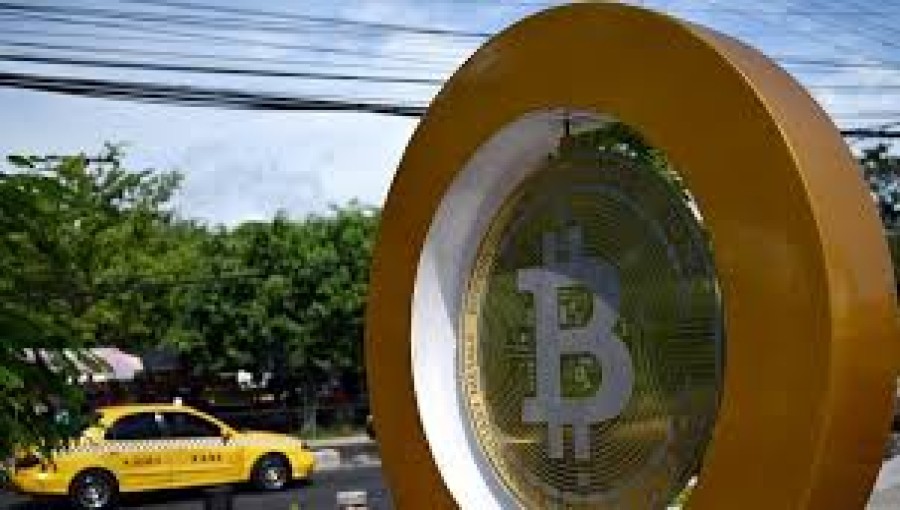
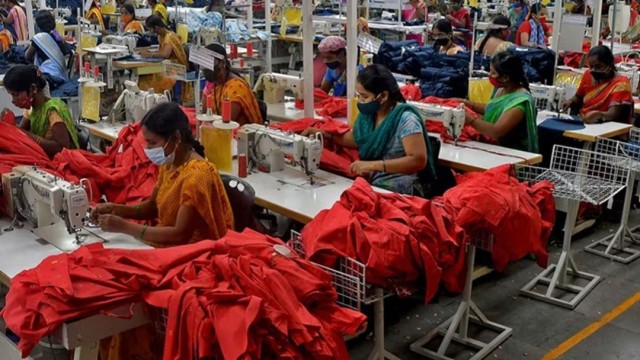







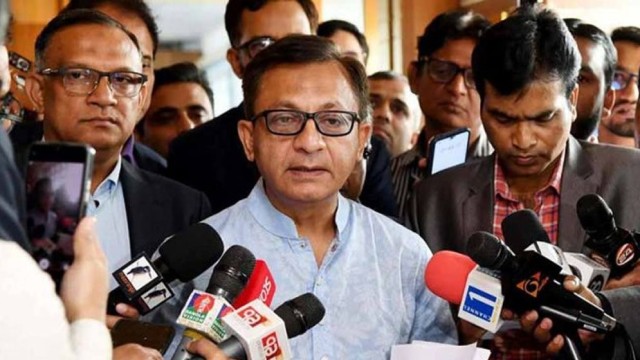
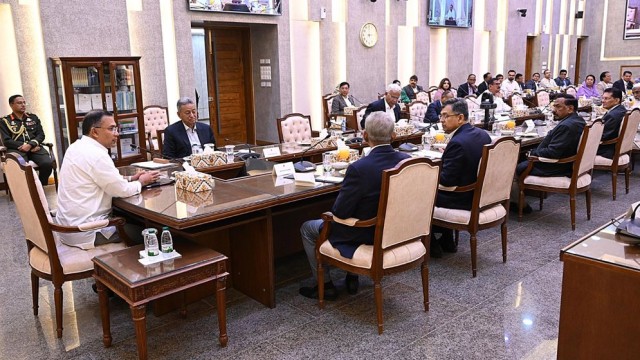


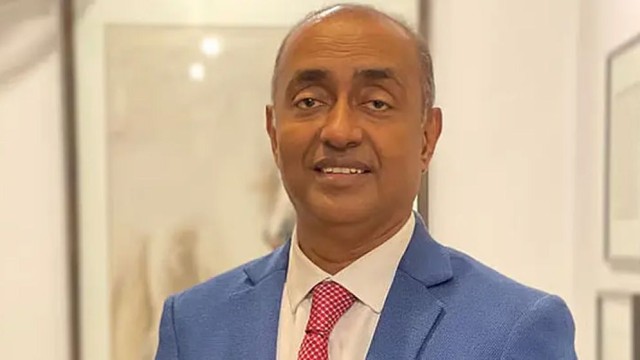
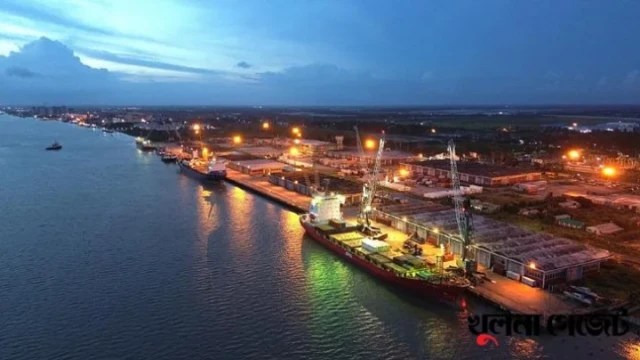
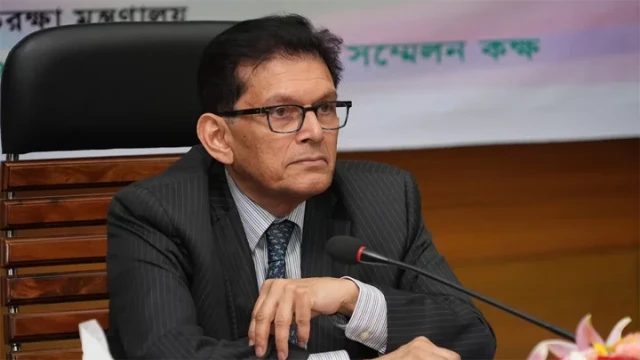












Comment: